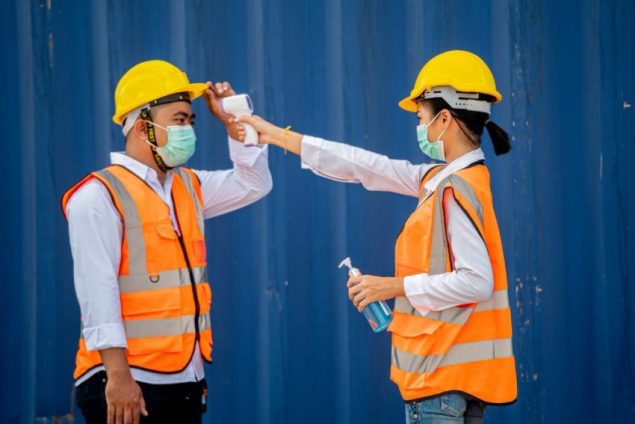The Covid 19 pandemic has brought up many varied concerns in the workplace for employers and employees alike. For health and safety at work, the pandemic has caused many changes and brought about new considerations and concerns. A recent tribunal, Rodgers v Leeds Laser Cutting Ltd., sheds light on the example of an employee's refusal to work on health and safety grounds, due to fear of contracting Covid 19.
The tribunal considered the legitimacy of fears of exposure to and so contracting Covid 19 at work and if that could be grounds for statutory protection against unfair dismissal.
In this case the claimant refused to come into work when another colleague showed symptoms of Covid 19, deciding to self-isolated at home. The claimant informed his company, the respondent, that he would not return to work until the infection rate had decreased and lockdown was eased. He stated that this was because he was concerned for his young child, who was particularly at risk as they had sickle cell disease. However, after a month of refusing to attend work the claimant was dismissed.
The claimant had not been employed long enough to claim ordinary unfair dismissal. Instead, he claimed that he had been unfairly dismissed for exercising his rights to leave the workplace and take steps to protect himself, when he reasonably believed there was a serious and imminent danger. A ruling that comes under sections 100(1)(d) and (e) of the Employment Rights Act 1996.
In its decision the tribunal placed considerable weight on the clear evidence that the respondent had implemented reasonable and satisfactory health and safety measures. All of which were in line with UK guidance at the time. So this included social distancing, wiping down surfaces, staggering arrival times and providing personal protective equipment. The claimant failed to raise any specific health and safety issues and could not show that there was a greater level of danger in the workplace than outside it. Therefore it was found that the claimant's refusal to attend work was due to his general concerns around Covid 19, not due to any failings by the respondent.











